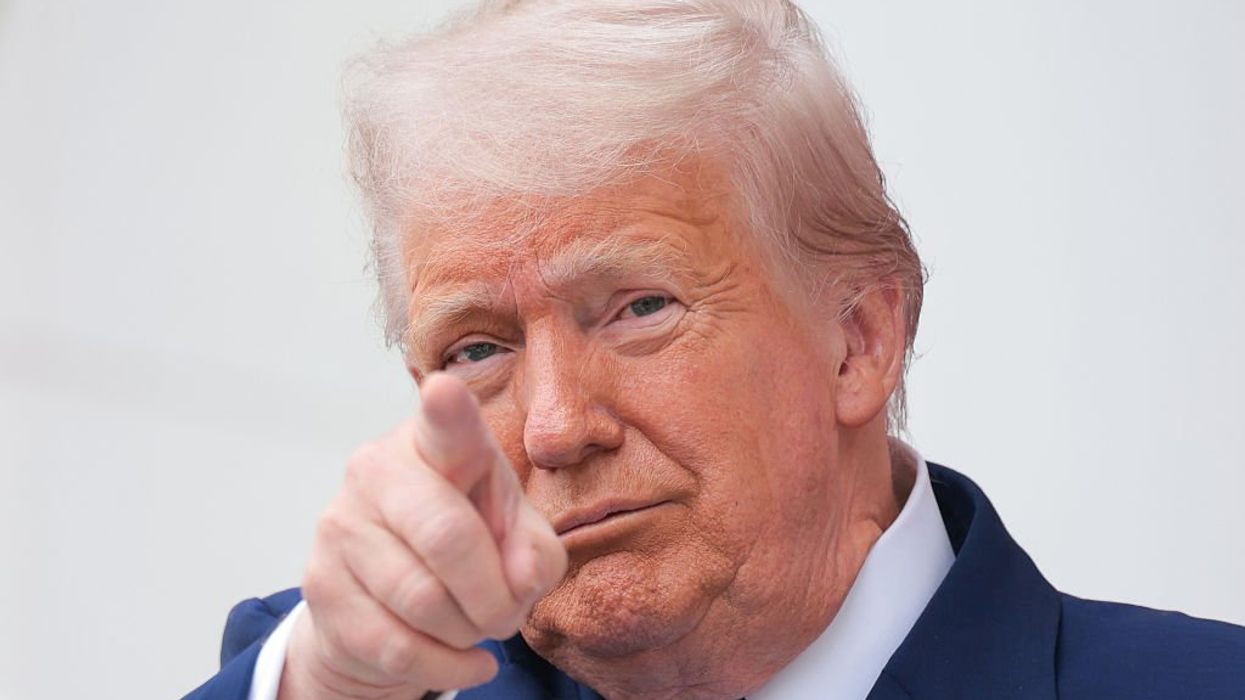A number of undercover videos showing GOP presidential nominee Mitt Romney talking candidly at a private fundraiser have been making headlines this week. The event was held in the home of Marc Leder in Boca Raton, Fla. Florida is classified a two party consent state, meaning it is illegal to intercept or record a "wire, oral, or electronic communication" unless all parties express consent.
Assuming that Romney did not consent to being recorded, which certainly doesn't appear to be the case, it may be reasonable to ask, are the video recordings in violation of the law?
The Media Research Center points out there are certain exceptions within the Florida law, including instances when parties do not have a reasonable expectation to privacy in a conversation, such as at a public event. However, the circumstances are muddied due to the fact that the event was classified as a private event at a private residence.
Citizen Media Law Project provides more context on Florida wiretapping laws:
Florida law makes an exception for in-person communications when the parties do not have a reasonable expectation of privacy in the conversation, such as when they are engaged in conversation in a public place where they might reasonably be overheard. If you are operating in Florida, you may record these kinds of in-person conversations without breaking the law. However, you should always get the consent of all parties before recording any telephone conversation and any in-person that common sense tells you is private.
Futher, the Florida Bar says state law provides the "highest protection from the courts" to citizens' private residences.
Here's what the law says, according to the Florida Bar:
Taking photographs of a person or his property in a private place may be an invasion of privacy. Tape recording a person without his consent may invite damage awards, and, in Florida, also constitutes a crime. Sec. 934.03(2)(d), Fla. Stat. (1995).
[...]
The federal court decisions in Pearson v. Dodd, 410 F.2d 701 (D.C. Cir. 1969) and Dietemann v. Time, Inc., 449 F.2d 245 (9th Cir. 1971) arguably have established a federal right of privacy paralleling state privacy torts but distinct from the federal constitutional privacy right emanating from the fundamental choice concept. See, e.g., Roe v. Wade, 410 U.S. 113 (1973); Griswold v. Connecticut, 381 U.S. 479 (1965). Under this theory, the newsgatherer is liable when he invades a "sphere of privacy" -- such as a person's home as in Dietemann -- which the person reasonably believes to be off limits to the news media.

It appears the question that would have to be answered is whether the so-called "newsgatherer" invaded the "sphere of privacy" at the private event in Leder's home and whether the person who recorded the event understood it to be off limits to the so-called news gathering. It should be noted that the person who recorded the video did so secretly, leading one to believe that video recording was not allowed, though that has not been confirmed.
Messages left with the Romney campaign were not immediately returned to TheBlaze.
The courts would also have to determine whether they would treat Leder's home as a private residence even though it was being used for a fundraising event.
MRC also poses a number of interesting questions, such as "did [the homeowner] say cameras were off limits?" And "If cameras were allowed, why is the camera hidden?" But perhaps the most important question might be, even if charges could be filed in this instance, should they be?
The individual who filmed the undercover videos of Romney at the fundraiser has not been identified.
In one of his most criticized comments from the video, Mitt Romney said 47 percent of Americans will vote for Obama because they believe in entitlement programs.
Earlier today, Romney doubled down on his statements on Neil Cavuto's show on Fox News:
I’m talking about a perspective of individuals who I’m not likely to get to support me. I recognize that those people who are not paying income tax are going to say, ‘Gosh, this provision that Mitt keeps talking about lowering income taxes,’ that’s not going to be attractive to them. And those that are dependent on government and those that think government’s job is redistribute — I’m not going to get them.
–
Related:







